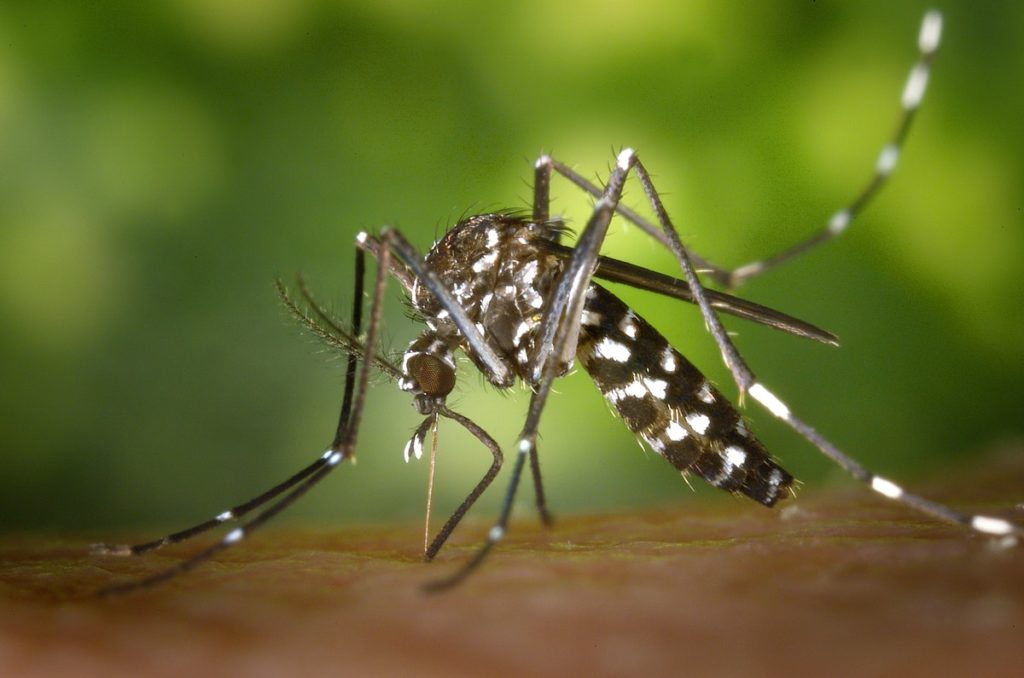Unlike in tropical regions, the United States doesn’t deal with a lot of mosquito-borne diseases. But that doesn’t mean you can take these species for granted.
As vectors of a lot of viruses, mosquitoes can cause severe or life-threatening viral infections, which can include dengue, Zika, and chikungunya. These are especially dangerous for children, seniors, and people with compromised immune systems since these conditions do not have any cure. Survival relies on the potency of the body’s immunity.
Moreover, because of global problems like climate change, the country may soon experience more mosquito infestations. Summer, which is their favorite season because of the hot temperature, may last longer, while winter becomes shorter.
For protection and safety, there’s no better time to acquaint oneself with these insects than today. But the question is, how much do you know about mosquitoes? Are these claims true or not? Here are what most get right—and wrong—about the species.
1. Mosquitoes Prefer Certain Colors
The answer is true. According to some studies conducted by the University of Florida, these species tend to be attracted to dark colors. These include black, navy blue, and brown. However, they may also find their way in bright hues, such as red and pink.
However, wearing dark-colored clothing alone doesn’t completely deter mosquitoes. These insects can see objects up to 32 feet away, and they are gifted with two types of eyes. One is sensitive to changes in light (which may be the reason some colors entice them), while the other can detect and follow the motion. Not only that, this kind of eye can see in various directions.
Moreover, mosquitoes are sensitive to smell, which they can perceive as far as 150 feet. Most of all, your clothing isn’t the reason they bite. They are after your blood, which they need to produce and lay good eggs.
If you want to minimize your exposure to mosquitoes, you need to cover your skin when you go out, especially in the summer. Call mosquito control services as soon as you notice an infestation.
2. Mosquitoes Need Water to Survive
Contrary to what most people believe, mosquitoes do not hide only in the water. They can be anywhere: under the bed, behind the curtains, inside cupboards and cabinets, etc. But it is true that water is an integral part of its life cycle.
What kind of water does it like? It actually depends on the species. Some want clean water, while others may prefer water that is nutrient-rich. However, all of them will need stagnant water. Otherwise, the eggs they lay will get washed away. Larvae cannot also survive on free-flowing water.
One of the excellent ways, therefore, to know if you have a mosquito infestation is to check any stagnant water around the house. It can be as big as a barrel of harvested water or as small as a puddle. These eggs are durable, and they can live for as long as eight months even with a tiny amount of stagnant water.
You may also need to pay attention to a possible increase in the mosquito population after winter because snow melts and heavy rain.

3. Mosquitoes Have a Preferred Blood Type
Interestingly, many studies seem to suggest that these species may bit more people than others. One of the reasons is blood type.
But what blood type do they like? One of the earliest types of research suggested that type O people may attract mosquitoes more often than others. Future studies also produced similar results. Some experts believe that the reason may be the antigen present in the blood cell, and type O doesn’t have any.
There are a few caveats, however. One, the difference in the risk was higher only when the studies compared type O and type A. The scientists found no huge variances when they matched type O results with other blood types. Moreover, type-A people may attract mosquitoes more than those with B antigen.
In the end, humans shouldn’t rely too much on their blood type when it comes to keeping themselves safe from a mosquito bite.
4. Mosquitoes Cannot Fly at High Distances
This is false, although the type of mosquitoes humans often interact with tends to fly at only 25 feet. Note, though, that in other places, some species like Asian Tiger can breed in tree holes that can be up to 40 feet. Some evidence also found these species reproducing in the Himalayas, which is around 8,000 feet above sea level.
Like other insects, mosquitoes come in different types. They can also evolve and become more adept to survive. It’s not impossible to find them flying at high distances.
The bottom line is don’t take these species lightly. Always protect yourself, get professional help, and prevent them from populating if you want to take care of your health.

